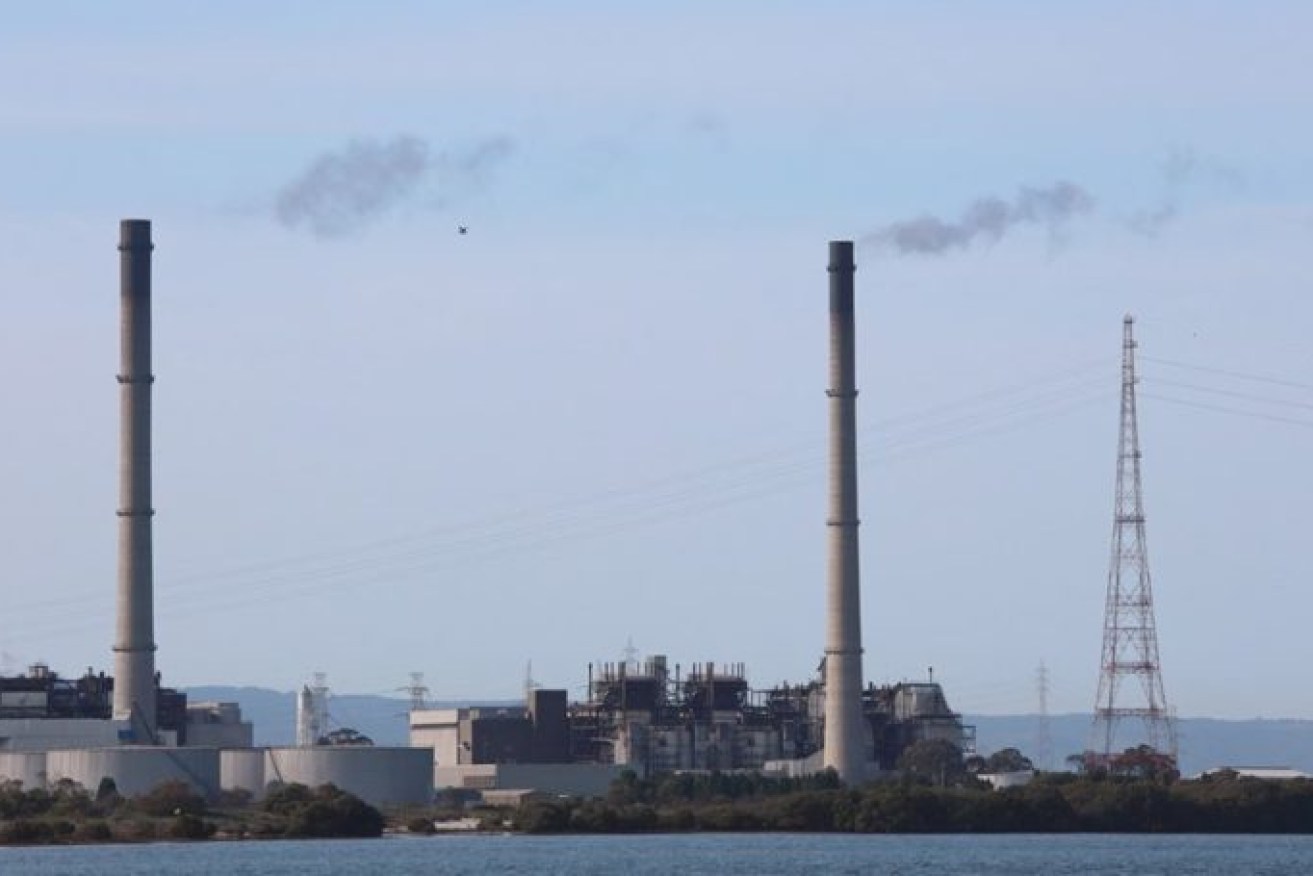Billionaire activist wins AGL board overhaul
Billionaire Mike Cannon-Brookes has won shareholder approval to overhaul the board of AGL Energy, settling his long-running tussle to influence a transition from fossil fuels to renewables at Australia’s biggest power producer.

The AGL-owned Torrens Island power station. Photo: Tony Lewis/InDaily
The Atlassian co-founder’s private company, Grok Ventures, had proposed former Tesla Energy director Mark Twidell, former Energy Security Board chair Kerry Schott, Metcash director Christine Holman and Professor John Pollaers as independent directors on AGL’s board.
AGL chairwoman Patricia McKenzie told the company’s annual general meeting on Tuesday all four would join as new board members based on proxy votes lodged ahead of the meeting.
“The board welcomes these new directors and will work constructively with them in the best interests of shareholders,” she said.
While Twidell had been endorsed by AGL, the current board had rejected the other three, citing a lack of relevant experience and skills.
However, all of the Grok nominees were supported by other large shareholders, as well as proxy advisers.
Cannon-Brookes earlier this year amassed an 11.3 per cent stake in AGL, making him its largest shareholder, in a bid to fast track phasing out coal and transitioning to renewables at Australia’s biggest climate emitter.
It resulted in derailing AGL’s previous plan to split the 180-year-old company and led to the exit of then Chairman Peter Botten, CEO Graeme Hunt and several board directors.
AGL’s board will now expand to nine directors.
Former Infigen Energy boss Miles George, who stepped in as a director in September, was also re-elected.
Grok Ventures said in a statement after the AGM the vote pointed to AGL shareholders desire for “change, fresh thinking and more execution capacity”.
“The AGL Board has Grok Ventures’ full support to deliver on the monumental task ahead of rebuilding the company to lead Australia’s green energy transition for the benefit of all stakeholders,” it said.
The new board will focus on finding a new full-time chief executive and expects to announce a permanent CEO in the coming months, McKenzie said.
Activist groups hailed the board overhaul saying it would show the way for other high-emissions companies.
“This is both a victory for shareholders and a scathing indictment on those who spent years destroying shareholder value by delaying the inevitable in the face of an escalating energy transition,” Brynn O’Brien, Executive Director at advocacy group The Australasian Centre for Corporate Responsibility, said.
“It is vital lessons are learned from AGL’s colossal waste of time and shareholder funds.”
AGL still managed to secure shareholder support for its climate transition action plan, which is less ambitious than that advocated by Mr Cannon-Brookes.
Under the blueprint, it would shut its final coal-fired power plant by 2035.
It includes an interim target of up to 5GW of new renewables by 2030 and up to 12 gigawatts of new renewable and firming capacity by 2036, which will require a total investment of up to $20 billion, McKenzie said.
The company will put the plan to a shareholder vote every three years.
Meanwhile, AGL has received a “first strike” against executive pay despite major proxy advisors’ recommendation for shareholders to vote in favour, after large shareholders voted against.
McKenzie said the company would review its remuneration structure during FY23.
A so-called first strike happens when a company’s remuneration report receives a “no” vote of 25 per cent or more from shareholders at its AGM. It assumes significance because a second strike at next year’s meeting would spark a vote to change the board.
AGL shares were down 0.3 per cent to $7.64 by 1430pm (AEDT) in a weak Australian market.
-AAP




